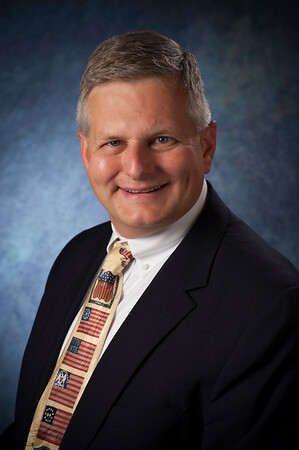Social Studies In Media Res
The spotlight on social studies learning is intense. For over two decades, we have been working as a community (often in partnership with related social studies organizations) to advocate for more social studies learning time, assessments, and professional learning support. We have documented the elimination of social studies instruction at the elementary level, and the reduction of course requirements and assessments at all levels. Historically, NCSS has issued formal position statements – many of which developed from approved resolutions of the annual NCSS House of Delegates Assembly – to address the marginalization of social studies and advocate for more social studies to address student readiness for civic engagement.
In the past few years, NCSS has developed more immediate responses to current events, to advocate more directly for social studies learning as a solution to many issues confronted by our society. In the first quarter of 2022, we developed three clear and timely responses.
Education and the Human Rights Crisis in Ukraine
National Council for the Social Studies (NCSS) is appalled by the Russian invasion of Ukraine and the resulting humanitarian crisis. Peace and human rights are jeopardized and violated when the lessons of humanity’s past should be teaching us that war and aggression only serve to weaken and divide us. NCSS asks that all educators—and especially social studies educators—be given the latitude and resource support needed to address the Russian invasion of Ukraine appropriately, carefully, and in instructionally sound ways.
The Freedom to Teach
(co-authored by NCSS, National Council of Teachers of English, National Council of Teachers of Mathematics, National Science Teaching Association, and the National Coalition Against Censorship.)
Teachers need our support They need our trust, and they need to have the freedom to exercise their professional judgment. And that includes the freedom to decide what materials best suit their students in meeting the demands of the curriculum, the freedom to discuss disturbing parts of American history when they judge students are ready for it, and the freedom to determine how to help young people navigate the psychological and social challenges of growing up. In focus, teachers need the freedom to prepare students to become future members of a democratic society who can engage in making responsible and informed contributions and decisions about our world. The stakes are too high. We cannot afford to lose trained professional teachers because they no longer have the freedom to do their job. We cannot let the education of our children and young adults become collateral damage in partisan politics.
States that have passed or are considering legislation that would deny basic human rights to the LGBTQ+ community do not, in our view, represent the democracy in which we wish to live and teach. Educators should not be silent on this issue, nor should they fear building inclusive classrooms that serve all their students. Trans students and trans educators, as well as all students, educators, and families who identify as LGBTQ+, should be supported and celebrated for who they are and be able to live their lives without fear. We stand with our students, their families, and our fellow educators who have the right to live authentically.
Did you spot the major through-line in these excerpts? Educators, students, and those in the vast ecosystem we call “school” have the right to be treated with basic dignity in an open and academically free learning community. This right is fundamental to our society’s growth.
There is much in the national language debate about what educators and students cannot do: the books they cannot read, the concepts they cannot learn, and the discussions they cannot have. These absolutes dismantle the core purpose of education. At a time when so many restrictions and attacks are placed on educators and students, I must ask: “So, what CAN we do, exactly?”
Our NCSS responses to date are clear, that educators have a right and a professional responsibility to prepare our students for an active civic life, and that students have a right to learn and to be respected as individuals and as participants in our world. There is a reason NCSS identified Individual Development and Identity as one of the 10 themes of social studies over a decade ago.
As social studies leaders, can we continue to advocate that “divisive concepts” legislation contradicts current state learning standards, curriculum, assessments, graduation course requirements, and other education policies and regulations? Such legislation restricts a student’s ability to achieve state and district learning expectations. Put another way, it just might “make illegal” key aspects of school curriculum, content, and courses that are required by other parts of states’ education laws and regulations! Can we agree that questions such as, “What can we do to strengthen education?”, are much more proactive than, “What can we do to restrict what educators can teach and what students can learn?” Academic freedom restrictions never seem to help any educator grow as a professional, nor any student to grow as a lifelong learner.
We have a few upcoming events to support your advocacy leadership. Please join our upcoming Leadership Forum on Thursday, March 31, 2022, at 8:00 PM ET, as we continue to share stories of advocacy and issues from your state and local contexts. Our upcoming Summer Leadership Institute – free to all NCSS members – addresses how to navigate the political landscape when advocating for social studies.
I’ll close with a key aspect of our values as an association: NCSS is committed to raising the voices of all social studies professionals in an organization whose culture is inclusive and where all voices are encouraged, supported, and celebrated.
Sincerely,
Lawrence M. Paska, Ph.D., CAE
Executive Director
